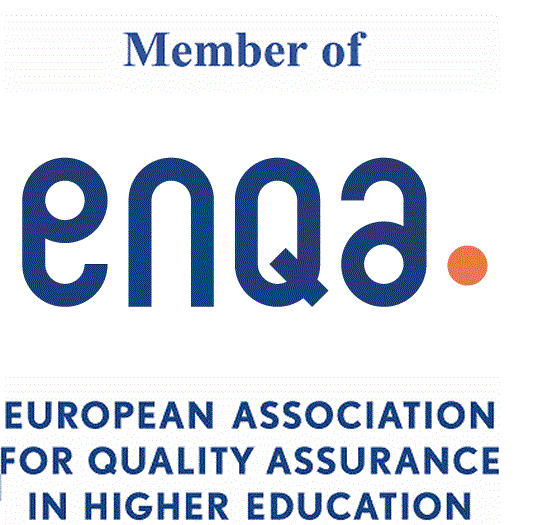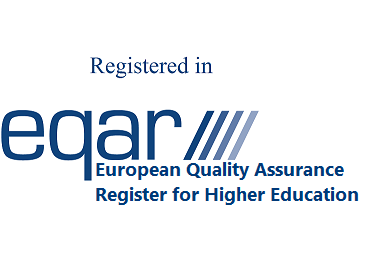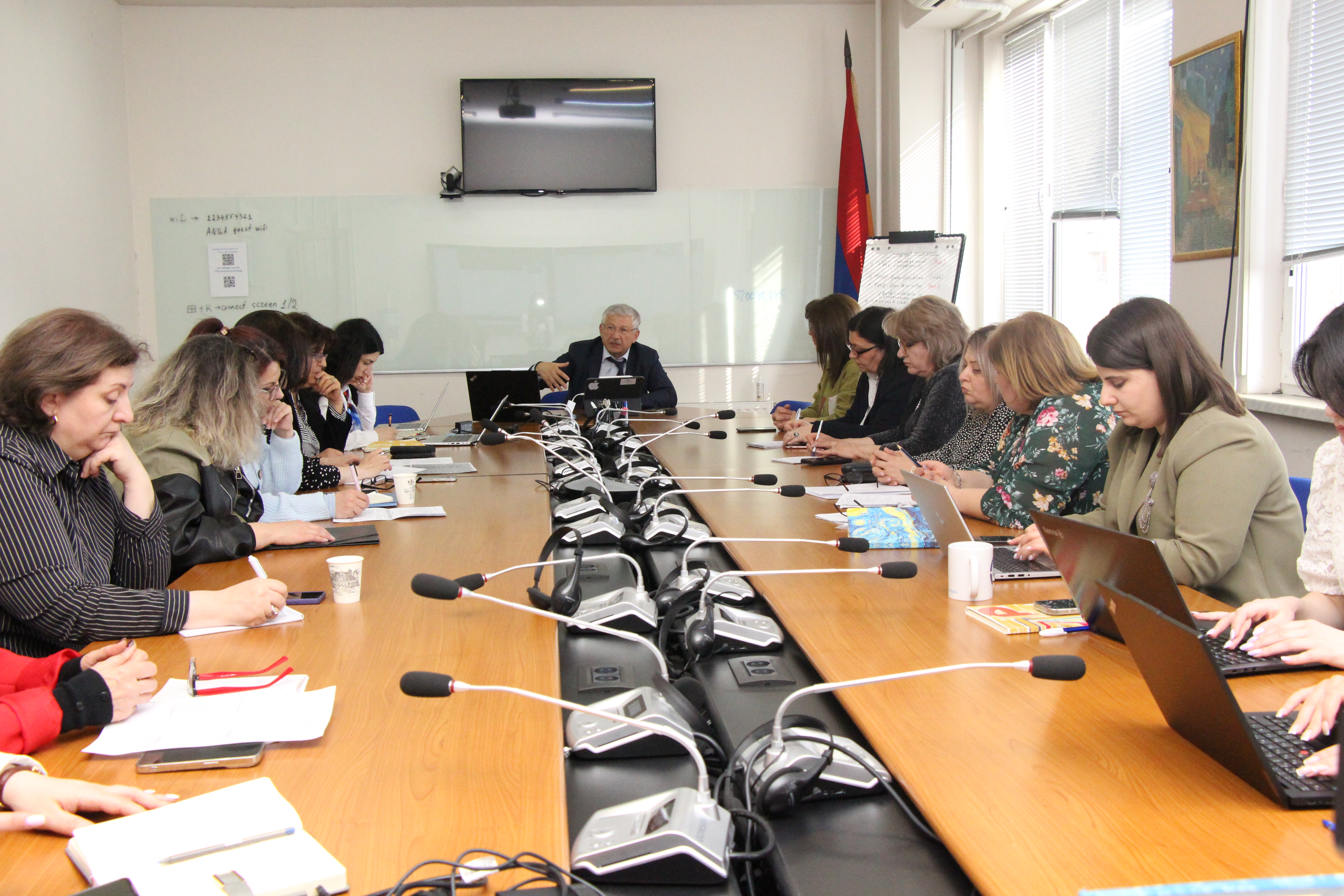On April 4, ANQA held the second meeting with the representatives from the five medical VET institutions undergoing programme accreditation.
The discussions focused on Student Assessment, one of the seven criteria of programme accreditation, and the institutions’ SWOT analyses.
It was highlighted that the accreditation criteria are designed to apply to various professions; however each institution should analyse them in its self-evaluation report based on the peculiarities of the professional field. It is essential for the institution to clearly outline the profiles of the specialists it prepares, evaluate their market competitiveness in the labour market and identify the factors contributing to that competitiveness.
“VET institutions should substantiate the methods and quality indicators used to guarantee their alumni become competent specialists,” mentioned Ruben Topchyan, ANQA’s director.
The discussions covered the following topics:
- Peculiarities of students’ assessment: Each outcome should be measured. It was emphasised that the professional assessment of a nurse should be comprehensive, encompassing the evaluation and development of various skills, reflecting all AP outcomes, offering feedback and incorporating formative assessment components. VET institutions should clearly demonstrate how final examinations assess whether students have attained the necessary knowledge and skills to qualify as specialists.
- The importance of the alumni trajectories: It was noted that data on alumni’s employment and progress can be an effective tool for enhancing students’ assessment system.
- Inclusion of professional checklists: An importance was attached to the regular use of checklists in the formative assessment of students' professional skills.
- Principles for conducting a SWOT analysis: It was highlighted that the analysis should be clear, factual, representing the institutions’ real characteristics and competitive advantages. A SWOT analysis should provide the readers with a clear picture of the institution even before the site visit.
- Challenges of enhancing students’ assessment system: The institutions’ best practices and challenges of enhancing the system were addressed. An importance was attached to the feedback and clear communication with students to enhance the assessment quality. Students’ views should be analysed to evaluate their understanding of the assessment criteria and processes.
An active professional discussion took place, identifying the institutions’ strengths and areas for enhancement, with an emphasis on the need to consider sectoral peculiarities.
It was decided to continue the meetings, gradually covering all programme accreditation criteria. The next meeting will address the criterion Teaching and Learning Practices.



